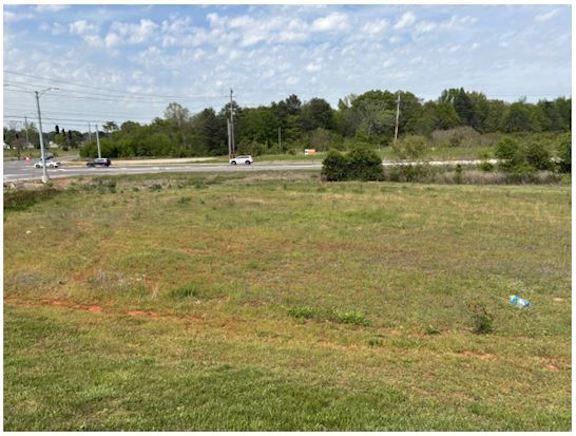THE GARDEN SPOT: The good, the bad and the cold
Published 12:00 pm Sunday, February 4, 2018

- A sudden drop to below-freezing temperatures from a period of relatively mild weather may cause damage even to hardy plants that might otherwise have suffered little or no damage. A gradual decrease in temperature will harden off plants, allowing them to withstand freezing temperatures better.
Landscape and fruit plantings can be injured if not downright killed by the extreme cold.
The start of 2018 has brought North Alabama temperatures closer to what one might expect in the Northeast or Midwest. The blistering cold and wind causes the obvious problems for homeowners — broken pipes, power outages, high utility bills — and problems for pets and livestock.
Trending
One problem with the cold spell is how it can affect plants. Gardeners select plants for our landscapes based on what plants survive in their area. They use what is called the USDA Hardiness Zone Map, which lets people know the lowest average annual temperature for that area.
By knowing what zone you are in, you can select the appropriate plants for that zone. Some gardeners like to live on the edge and select plants that may not be recommended for this zone but are close enough to survive mild winters. Any tender perennials or perennials outside of Zone 7B have most likely been injured or killed by the single-digit temperatures. Even fruit plantings such as figs can be injured or killed.
Normally during winter months, it is recommended to apply a few inches of mulch to help insulate the root systems of the plants, but when temperatures drop to extremes, even the mulch offers little help to the tender root systems.
Although the cold wind seems to bring only problems with it, it may just help a little, too. Battling insects is a constant issue with homeowners, gardeners, orchardists and farmers. The cold may just offer a little free help with insect control.
Insects are cold-blooded animals, which means they cannot regulate their own body temperature. Unfortunately, insects are also very tough creatures and find ways to survive the cold, whether it is to hide in leaf litter or under the bark of trees, migrate south or actually survive being frozen solid. However, any insects directly exposed to the extreme cold would most likely have been killed.
Also, the cold helps to kill off any weeds that the insects may have been overwintering on. In addition to the potential benefit from reducing insects, the extreme cold can also help to reduce plant pathogens that cause disease. Many plant pathogens overwinter and survive on weed species and attack the hosts when they emerge in the spring. The plants can be killed off by the cold, thereby reducing the pathogen.
Trending
Only time will tell how much damage plants have sustained and how beneficial the cold period was for insect/disease control.
— For information on topics related to the home and garden, contact any office of the Alabama Cooperative Extension System. The Limestone County Office is located at 1109 W. Market St., Athens. Office hours are 8 a.m.–4:30 p.m. Monday through Friday. For more information, call 256-232-5510 or visit www.aces.edu.





